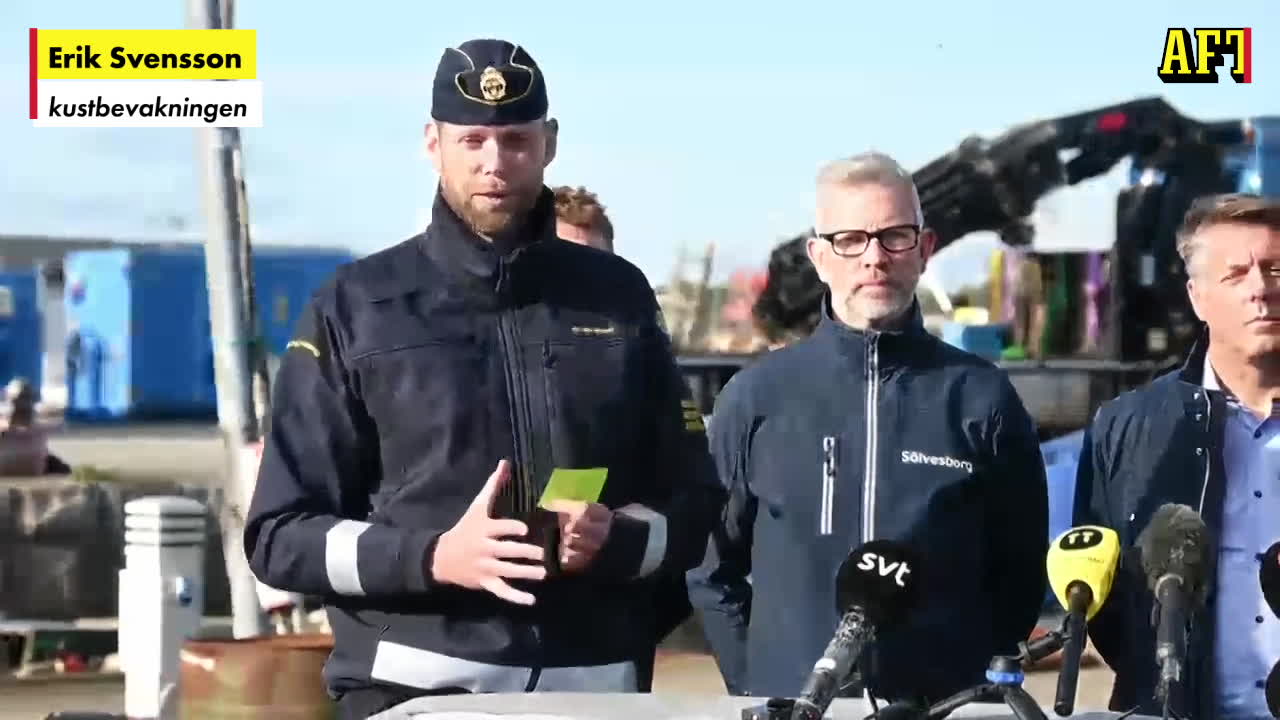
Climate & environment
Emissions threaten protected marine areas
Agneta Elmegård
Published 16.45

- Shipping companies that transport harmful chemicals must take responsibility so that cargo residues do not end up in the Baltic Sea and the North Sea, says Kjell Larsson, professor at the Norwegian Maritime Academy.

Of the 233 emissions detected by the Coast Guard's surveillance flights between 2020 and 2023, 14 percent occurred in marine protected areas, so-called Natura 2000 areas, the network of the EU's most protected natural areas.
Emissions of fossil oils are prohibited in the Baltic Sea and the North Sea. But still permitted, to some extent, discharge of cargo residues of biofuels and other bio-based oils from chemical tankers.
The report from Linnaeus University analyzes the increasing number of discharges into Swedish waters of cargo residues from biofuels and other bio-based oils. Studies have shown that releases of various types of bio-based oils can be as harmful as releases of fossil oils to birds and other marine organisms.
The largest spill covered an ocean surface of a whopping 78 square kilometers. About a quarter of the releases covered five square kilometers or more.
- It is quite obvious that releases of sticky oil, regardless of origin, can kill or affect marine life and that the effects can be particularly large in sensitive areas, says Kjell Larsson, professor emeritus at the School of Maritime Affairs at Linnaeus University and one of the researchers behind the report.
Rules do not match
The study points out that international conventions that regulate the transport of harmful chemicals by tanker are not in line with the rules and goals that the EU and Swedish authorities have decided should apply to protected Natura 2000 areas.The so-called MARPOL convention, for example, does not distinguish whether discharges take place in protected areas or not.
- Emissions of chemicals such as pine oil, biodiesel and various types of vegetable oils from chemical tankers occur frequently. Particularly many emissions are detected in the southern Baltic Sea off Skåne, Blekinge and Öland, says Erik Stålnacke at the Coast Guard, in a commenting press release.
Kjell Larsson at Linnaeus University says that he hopes that the international regulations will be tightened.
- Until then, shipping companies that transport harmful chemicals and the chemical industry, i.e. refineries, cogeneration plants and pulp mills, must take responsibility for the entire logistics chain so that harmful cargo residues do not end up in the Baltic Sea and the North Sea.
Inga kommentarer:
Skicka en kommentar